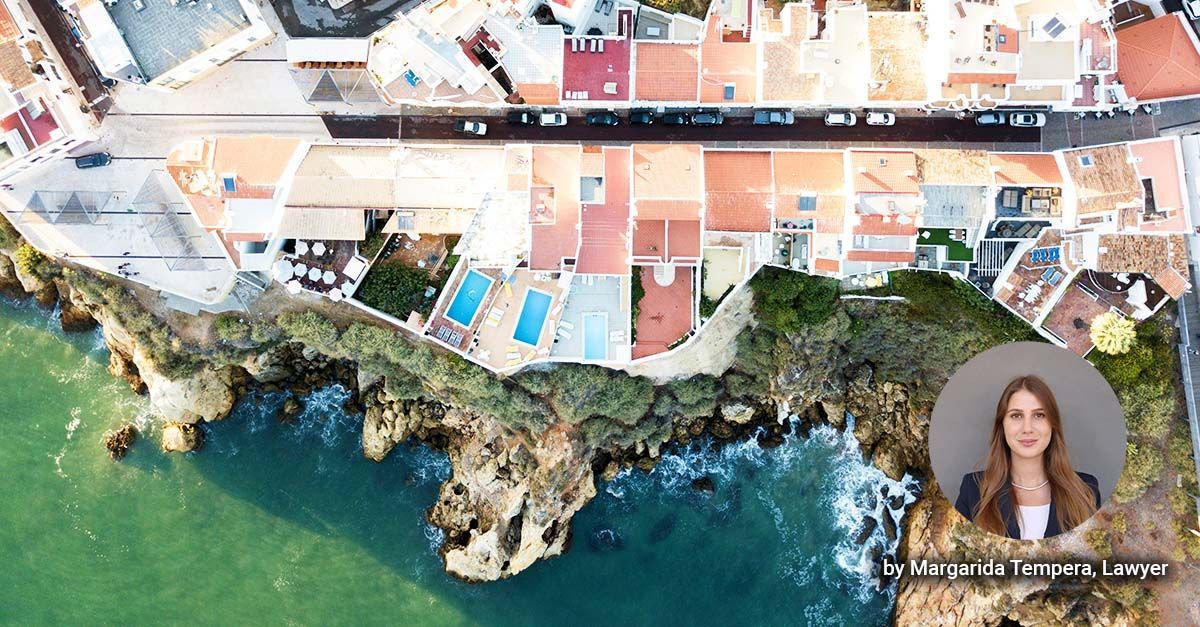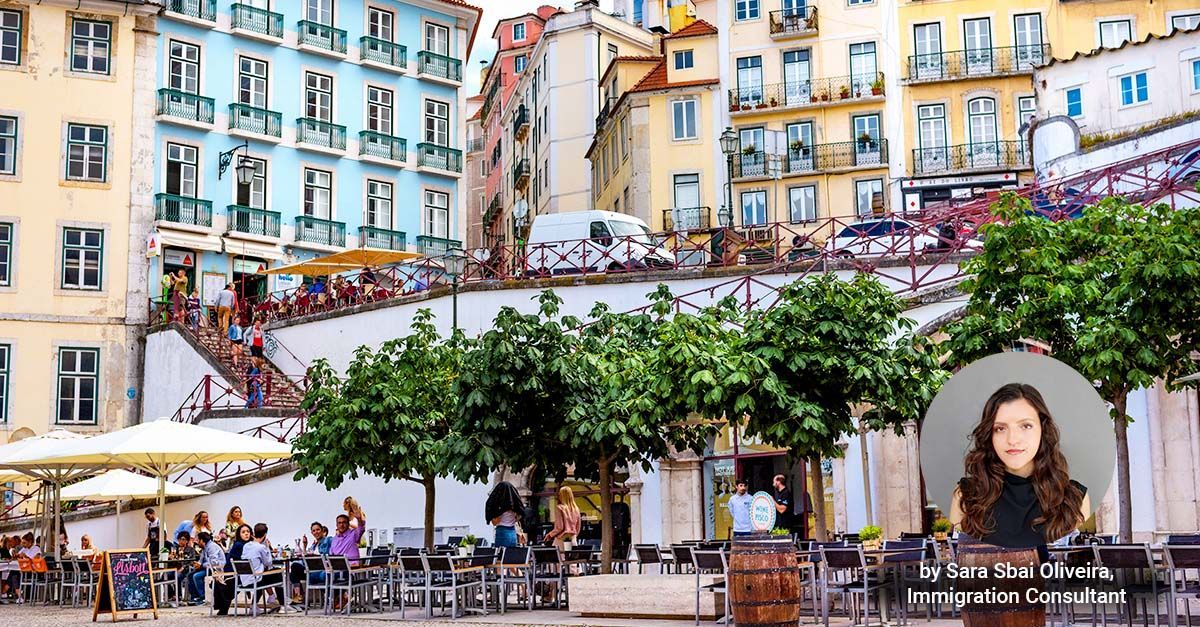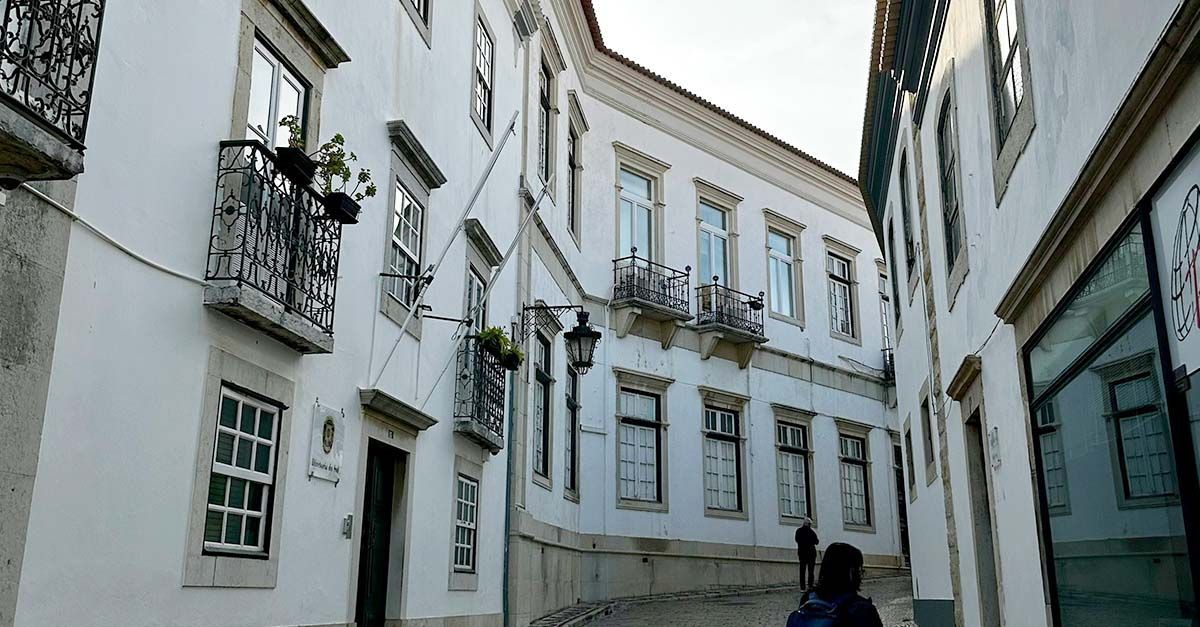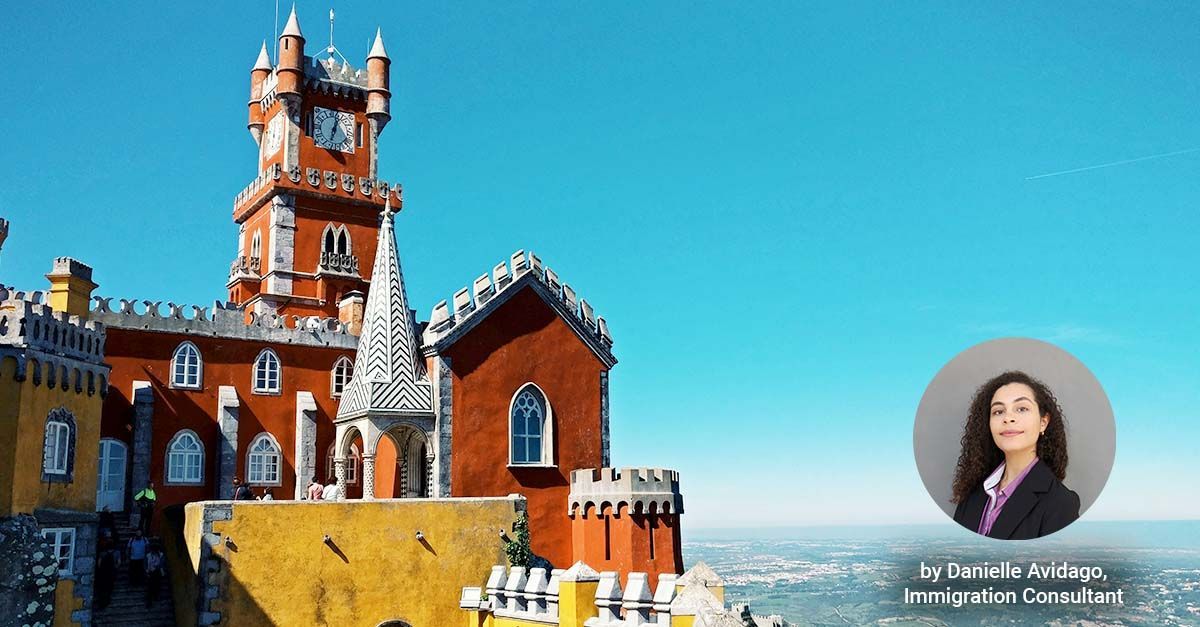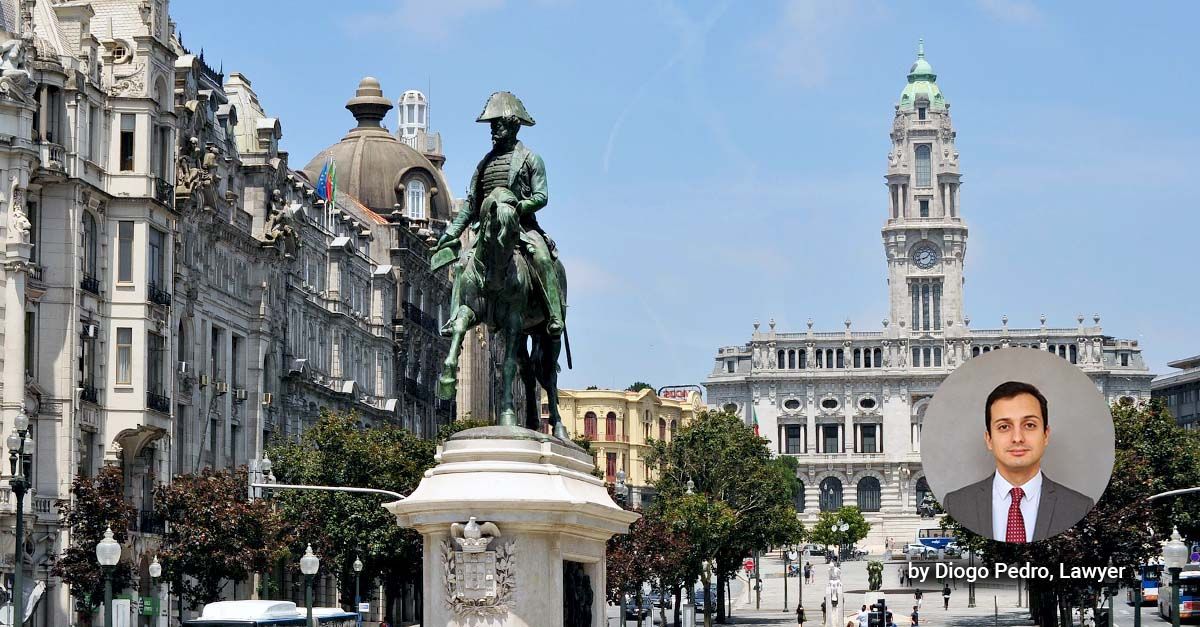Digital Nomads / Remote Workers
Digital Nomads often live a nomadic lifestyle and use technology to achieve their work responsibilities. Using their devices, such as smartphones and laptops, they can work in coffee shops, public libraries, or even from the comfort of their home.
Portugal is becoming a popular destination for digital nomads due to its natural beauty, tax and business-friendly policies, and relatively affordable cost of living. In fact, Portugal is being appointed as one of the top countries in the world to live and retire.
Under Portuguese law, digital nomads are remote workers who may (i) exercise a subordinate professional activity, (ii) exercise an independent professional activity, (iii) be entrepreneurial immigrants, (iv) perform research or highly qualified activities, or (v) aim for family reunification.
A mandatory requirement for the lodging of a long-term stay visa application is providing proof that the applicant has sufficient means of subsistence to live in Portugal, or that he or she will be able to acquire such means upon arrival. The criteria to determine means of subsistence is based on the minimum monthly salary - currently in 2022 amounting to 705€ -, net of any social security deductions, with a per capita increase for each family unit as follows:
- First adult 100%;
- Second adult and additional adults 50%;
- Children and young people under 18 years of age and non-minor dependent children 30%.
The exact requirements of each Consulate may vary, but as a rule the applicant will be required to bring at least the following documents when attending the interview at the Consulate:
- Passport being valid for at least 6 months after the expiry date of the visa being applied for (which will be valid for 4 months).
- Two recent passport-size colour photos.
- Declaration outlining the reasons for the intended Portugal residency.
- Health insurance policy valid in Portugal.
- Criminal record certificate or Police clearance letter (FBI report in the case of an US resident) issued no more than 90 days before the date of submission to the Consulate.
- Documentary evidence of having accommodation in Portugal (property title deed or tenancy agreement).
- Documentary evidence of having sufficient funds available for the applicant’s subsistence in Portugal (e.g. a local bank statement showing the above mentioned balance).
- Documentary evidence of having a net regular income as per the above.
Furthermore, the residence permit must be renewed at the end of the second year, and then every three years. The holder may apply for permanent residency and/or for Portuguese citizenship at the end of 5 years, provided he or she passes a “basic Portuguese” language test. If not, you just keep renewing it every three years, provided the requirements are filled.
The minimum stay requirement is that, during the first 2-year period, one must spend at least 16 months in the country, and during each 3-year subsequent period, at least 28 months – provided that, in each case, no absence exceeds 6 consecutive months. For the holder of a permanent residence permit, this is increased to a minimum of 30 months during each 5-year period, provided no absence exceeds 24 consecutive months. Please note that absence periods may be exceeded for duly proven professional or force majeure reasons.
Any tax resident in Portugal, either a Portuguese national or a foreign citizen, is subject to taxation in Portugal on his or her worldwide income.
As a general rule, one is considered to be a tax resident in Portugal if:
- Staying in Portugal for more than 183 days, consecutive or otherwise, in any 12-month period starting or ending in the calendar year concerned; or
- Having stayed in Portugal for a shorter time, one has, on any day of the period referred above, an accommodation in conditions that suggest a current intention to keep and occupy it as a habitual residence.
Therefore, a remote worker established in Portugal will be considered a tax resident in Portugal if any of these conditions is fulfilled and, thus, must declare his or her worldwide income in Portugal, annually submit a tax return with the Portuguese Tax Authority and pay personal income tax in Portugal (if due).
The remote worker may face double taxation issues, namely regarding the income derived from self-employment or dependent work income of a foreign source. These double taxation issues may be resolved through the application of Tax Agreements concluded between Portugal and several countries to mitigate international double taxation, which may exempt certain income from taxation or grant a credit with the reference to the tax paid abroad.
Nevertheless, in Portugal there is a special tax regime for persons who haven’t been tax residents in Portugal in the previous five years: the so called Non-Habitual Resident (NHR) tax regime.
Under the NHR tax regime, self-employment, and dependent work income of a foreign source, derived from the exercise of a high added value activity (v.g. HAVA) of scientific, artistic or technical nature, is taxed at a flat tax rate of 20% and may even, within certain conditions, be exempt from taxation in Portugal, for a period of 10 years.
In the event that the income does not derive from the exercise of a high added value activity (v.g. HAVA) of scientific, artistic or technical nature, the income will be taxed at the general rates of the Portuguese Personal Income Tax Code (IRS), which can go up to 48% (plus 2,5% from € 80,000,00 to € 250,000,00 and 5% from € 250,000,00 onwards).
A self-employed worker established in Portugal must also pay monthly social security contributions, calculated at a rate of 21.4% on 70% of the average income of every yearly quarter and, when the annual gross income is of more than € 12.500,00, VAT is levied on the provision of the services rendered, with imposition of the respective tax declarations obligations.
As for remote workers established in Portugal working under an employment contract for a foreign employer, there is the obligation to set up a payroll and pay social security contributions in Portugal, being the employee and the employer social security contributions of 11% and 23,75% of the monthly gross income, respectively.

José Manuel Pereira da Costa
Lawyer

Teresa Arriaga e Cunha
Lawyer


